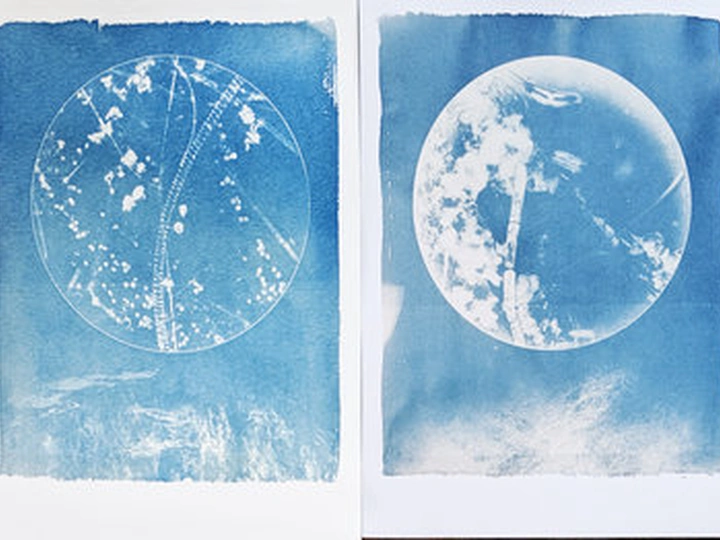Cartographies from Within

Jennifer is a landscape architect, researcher, and spatial thinker whose practice focuses on the entanglement of ecology, politics, landscape, & territory. She expresses her interests through writing, pedagogy, exhibitions, research, and design. Jennifer holds an MSc in Landscape and Urbanism from the Edinburgh School of Architecture and Landscape Architecture and has gained experience at the Academy van Bouwkunst, Amsterdam, ETH Zurich.
Jennifer is a PhD student and university assistant at BOKU University and TU Vienna, teaching design and theory courses and conducting research. She collaborates with placemakers, local communities, practitioners, and research groups at TU Delft and TU Graz. Previously, she worked as a researcher at the Institute of Urbanism TU Graz and as a landscape architect and designer in Amsterdam, Zürich, Edinburgh, London, Brisbane, Graz, and Athens. Additionally, she is a member of EUROPAN Austria and Europe. Her work and collaborative work were exhibited at HDA Graz (Territorial Turn, Institute of Urbanism TU Graz 2022) and Dezeen (2020). She has gained design awards for her work and research, such as Landscape Institute Best Portfolio Award (2020), ESALA Prize (2020), Dezeen (2020), EUROPAN Selection Croatia Makarska (2024), various design competitions (2018-2024).
Jennifer understands landscape as an assemblage of living and non-living matter that continuously respond to one another and are in constant flux. For this kind of reinterpretation, Jennifer believes that an attentive observer is needed to collect the various phenomena depicting them through a different representation mode. She considers herself as such and believes in creating authenticity through deep and thick cartography and design. For her, these spaces must always instigate a sense of time and ecology, responding to complex and urgent questions in the 21st-century landscape by engaging with the broader context and territory at the social and ecological scales.
Amid the current climate emergency and socio-ecological crisis, we must re-examine our relationships with other living beings and stress the importance of understanding the term "landscape" beyond just physical forces. This research aims to explore a way of thinking and making attuned to listening and revealing entanglements and intra-actions within dispersed landscapes in the Voralpen territory. Rather than a built or urban lens, it takes landscape as an approach to investigate this phenomenon critically. It aims to question scientific and constructivist epistemologies of the landscape from within and recognizes the Voralpen territory not only as an object of study but also as an agency and active subject itself. Doing so provides an epistemological lens to read current periurbanisation and will yield insight into conditions that respond to social and environmental challenges to investigate projective futures.
Thereby, the Voralpen territory will serve as a testing and inquiring ground. It embodies a complex interplay of ecological imperatives and economic interests. As a transitional territory between the Alps and the lowlands, it played a significant role in hydrological, ecological, and socio-cultural matters, dictating inter and intra-actions and structuring urban development. However, the current shift towards a capitalist playground has caused humans to strip the landscape of their agency. To uncover these socio-ecological entanglements and dynamics, critical cartographies will shed light on the impact of the object-subject dichotomy, the cultural construction of landscape, and its interconnectivity with periurban landscapes.
The project will explore territorial transformations, the constituents associated with periurbanisation, and the forces driving the ecological emergency.
The research will utilize spatial and temporal methodologies such as thick mapping, archival research & social methods to explore projective futures for dispersed territories.